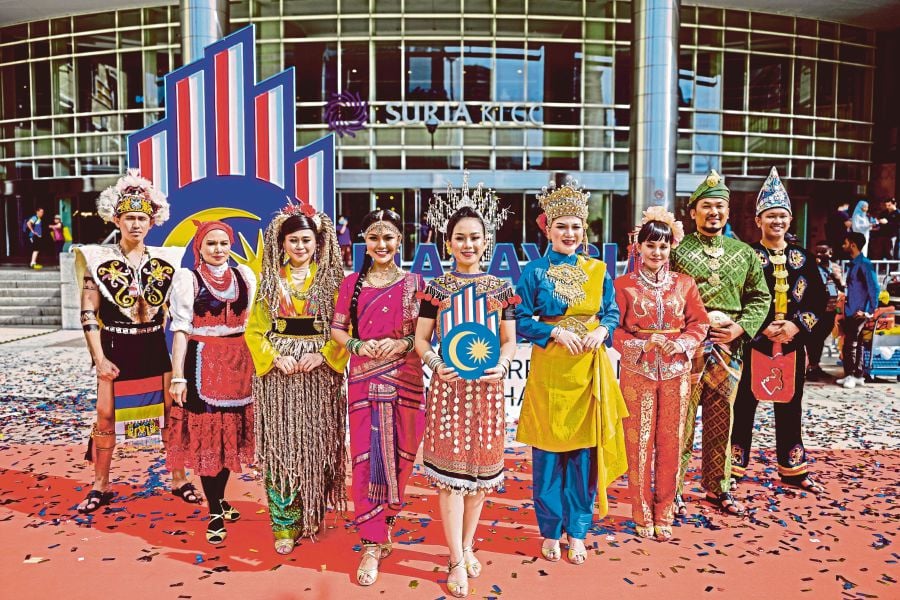There were some interesting after-dinner political conversations this week between two retired politicians — one from Sarawak and the other from the peninsula.
General observations were made about the differences between contemporary politics in Sarawak and the peninsula.
One opinion that was widely agreed upon was on the current unhealthy tenor of national politics. Repeated exploitation of sentiment surrounding race, religion and royalty, or the 3Rs, was identified as the root cause.
My conclusion from being largely a passive observer of the discussion is that there was much huffing and puffing about what politically ails the nation and a misdiagnosis of the root cause.
Blaming exploitation of the 3Rs, to the extent of advocating a ban on public debate, strikes me as looking at symptoms rather than seeking to understand, much less to cure, our national political malaise.
The issue of meritocracy was then foisted onto this discussion. I think meritocracy strikes at the very heart of what the debate around the 3Rs is all about; that there never was any national consensus about it.
There are two diametrically opposing views about meritocracy: those who think it should be the fundamental principle in crafting national policies against those who believe that certain sections of Malaysian society need various "protections" for an indeterminate period.
Such opposing views on the subject are not unique to Malaysia. Most multi-cultural nations have similar debates, but their discussions tend to be in margins rather than being a core issue, as it is in our case.
Majorities in most nations agree that meritocracy must be the general principle but exceptions be made for disadvantaged minorities.
In our case, the majority, by and large, feels it is disadvantaged and sees minorities as generally privileged. This is, of course, a generalisation.
But generalisations, as always, are based on kernels of truth. The debate in this country thus morphs into one about what constitutes fairness and otherwise.
We must, therefore, strive to arrive at a consensus about what is fair or otherwise if our political discourse is to get out of its rut.
This assumes that most of our people, like most people everywhere, are fair-minded, reasonable and open to compromise.
For the reason that we are in the rather unique state of the majority identifying itself as disadvantaged and not the minorities, meritocracy has become a charged, even dirty, word, especially for the majority.
Perhaps, we need to invent a new term that conveys meritocracy without uttering that contentious word? Why would we need to do so?
Because we need to arrive at a consensus first if we are to move on. I find it hard to believe that as a nation, we can attain consensus around "meritocracy" as generally accepted and defined.
Prime Minister Datuk Seri Anwar Ibrahim accepted that reality when he recently justified his government's decision to retain quotas for university entrance.
There are a thousand and one things about our practices and policies crying out for change and reforms. This applies not just to our university entrance system but many other "systems".
Reasonable people among the majority in the country will readily accept that.
But, reforms to make all our systems fairer for all will be largely anathema (and, therefore, politically undoable) unless we first achieve a consensus among all Malaysians that meritocracy here carries distinctive Malaysian characteristics.
Can most, if not all Malaysians, agree on this, please?
* The writer views developments in the nation, region and wider world from his vantage point in Kuching






